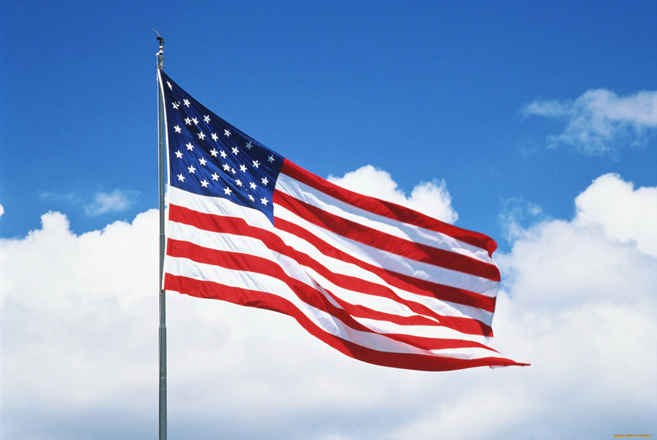The United States is expected to further increase security cooperation with Taiwan as part of its grand strategy to manage China’s military and economic expansion in the Indo-Pacific region, Trend reports referring to South China Morning Post.
In an interview with the semi-official Central News Agency in Taiwan, the de facto US ambassador Brent Christensen said he expected to see great advances between Taiwan and the US in four major areas – including security – this year, which marks the 40th anniversary of the Taiwan Relations Act.
Washington passed the act after it switched diplomatic recognition from Taipei to Beijing in 1979, and it commits Washington to help the self-ruled island maintain its defences against mainland China.
He expressed America’s “grave concerns” over what he characterised Beijing’s efforts to coerce Taiwan into talks on reunification and warned that Washington would not let Beijing do whatever it wants with regard to the island.
“We certainly urge China to abstain from any coercion that would jeopardise the security or the social, economic system of the people of Taiwan,” he told the agency in the interview published on Wednesday.
In a speech on January 2, marking the 40th anniversary of a cross-strait ceasefire, Chinese President Xi Jinping called for cross-strait unification talks under the one-China principle, using the “one country, two systems” model practised in Hong Kong and Macau as the model.
Taiwanese President Tsai Ing-wen, of the independence-leaning Democratic Progressive Party, sternly rebuked Xi, saying most people in Taiwan do not support “one country, two systems.”
Relations between the two sides have soured since Tsai took office as president in 2016 and refused to accept the one-China principle.
In addition to poaching five of Taiwan’s allies, Beijing has staged war games around Taiwan to try to intimidate the island and force Tsai to accept the principle – that Taiwan is a part of China that must eventually be reunited with the mainland.
“We certainly believe that coercive means should not be employed to address these concerns,” Christensen said, adding the US is concerned about the cross-strait tensions and the two sides should engage in constructive dialogue to peacefully resolve their differences.
Christensen said in addition to promoting security cooperation, he expected to see great advances in economic ties, people-to-people ties and Taiwan’s role in the global community in the coming year.
He said these areas had been his main priorities since he took over as director of the American Institute in Taiwan, the de facto embassy, in August.
He said the institute was gearing up to celebrate the 40th anniversary of the act, with a series of events for which “certain senior-level figures” would be “encouraged to visit Taiwan” without elaborating further.
Washington does not generally send high-level officials to Taiwan to avoid triggering angry protests from China.
Since President Donald Trump took office in 2017 and adopted a more confrontational stance with China, including the ongoing trade war, he has signed the Taiwan Travel Act and National Defence Authorisation Bill – allowing high-level official and military exchanges – and approving two batches of weapon sales to the island.
While these development appears to be favourable for Taiwan, Shen Lyu-shun, formerly Taiwan’s top envoy to the US, said in terms of economic cooperation, “there has been no progress at all in US-Taiwan Free Trade Agreement talks,” which is what the island needs to counteract the problems caused by the US-China trade war.






